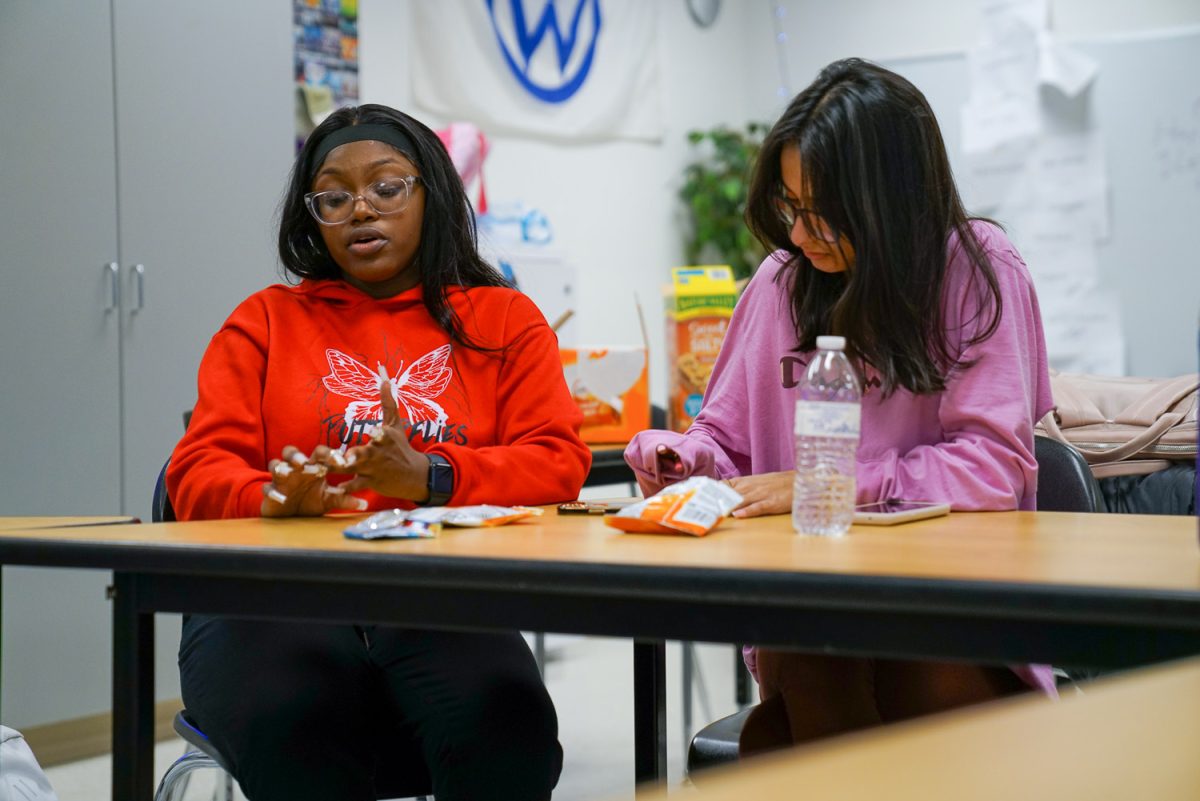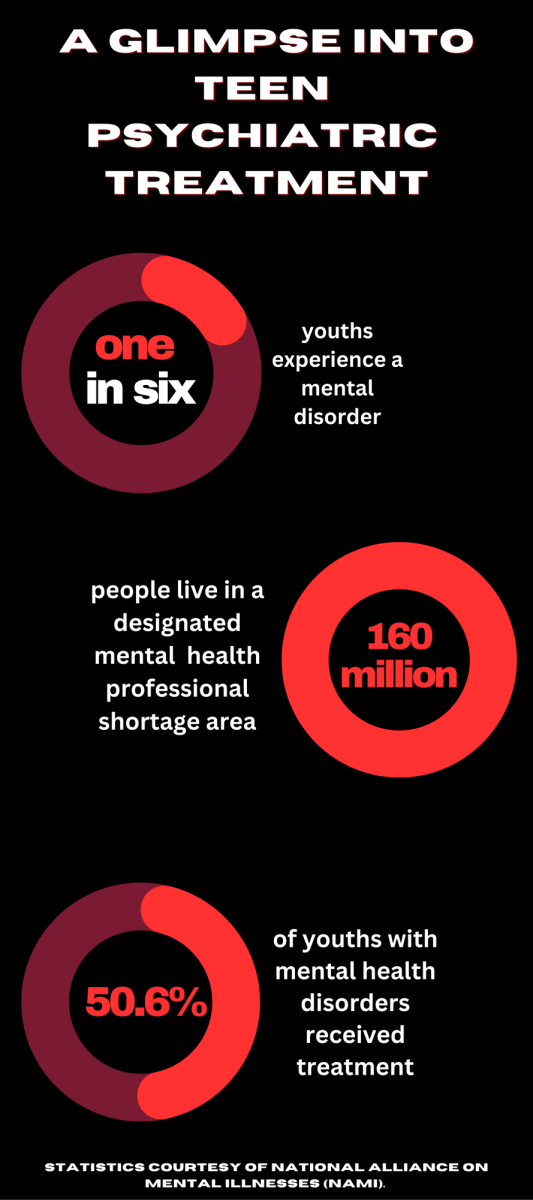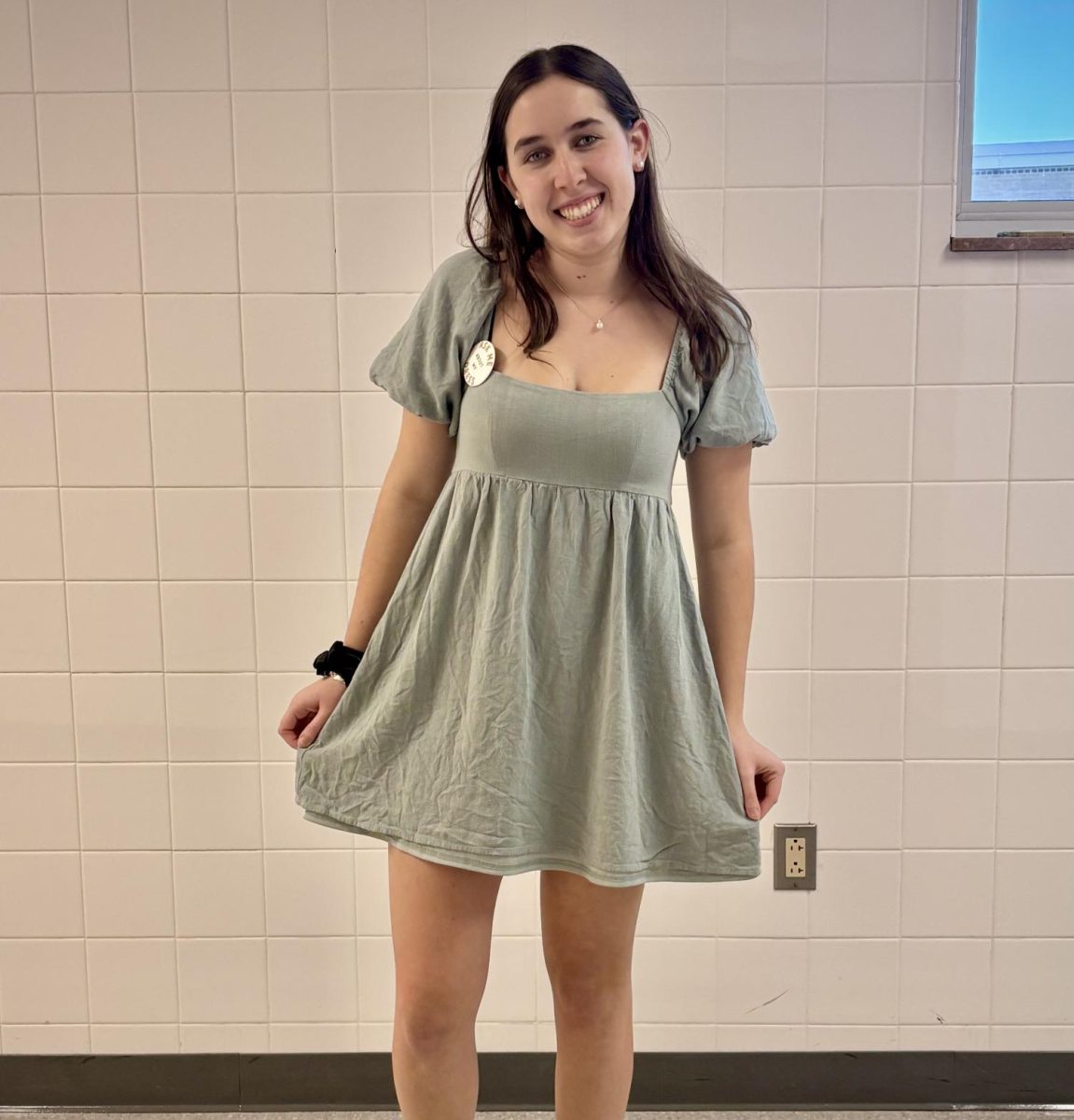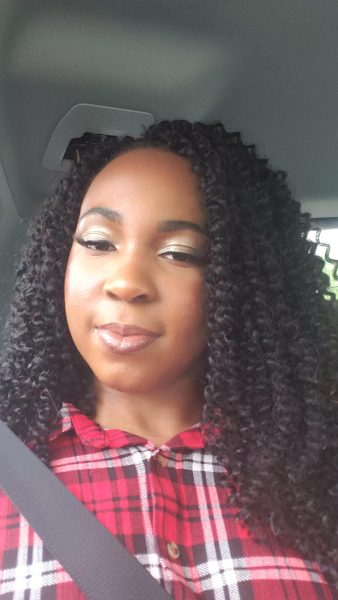This appeared previously in our February 2023 issue.
Enhanced by Students Organized Against Racism (SOAR), the East Penn School District’s Equity Plan, introduced in [EPSD] January 2021, is intended to terminate inequities students may face in their studies or from school policies.
However, individuals at Emmaus High School feel more work can be done to improve its impact on the EHS student body.
The Equity Plan comprises a structure designed to address “equity in all aspects of [East Penn] organization, policy, practices, curriculum, programs and student services, and hir- ing,” according to the district’s website. The Equity Plan is based on an audit in 2021 de- signed to gauge EHS’ level of equality among various student groups. The data revealed a large number of students face discrimination in their coursework and in how they are treated by peers and faculty members. The policy ensures that all students, regardless of their race or gender orientation, receive quality instruction in a safe, non-threatening academic environment.
EPSD’s K-12 Director of Curriculum, Erin Murphy, is a leader in the district’s Equity Committee. She describes the basis of the plan and how the audit discovered that “students in specific sub groups were not performing at the same level as their peers.” The Equity Committee also saw certain inequities in a non-academic perspective.
“We found that students that identified as low economic, Hispanic, and Black were overrepresented in students that receive suspensions or deten- tion,” Murphy said.
Murphy and other members of the Equity Committee also looked at students’ personal attitudes towards impartiality. Surveys put out last year collected student feedback on the status of EHS’ inclusion of all students, and according to Murphy, the results gave some reason for concern.
“That information was really eye-opening,” she said. “We really needed to do something to make sure students feel invested and supported by their school.”
Taking all this into consideration, the Equity Committee implemented plans to increase “access to intervention [methods]” and to train staff to respond in a manner that displays inclusivity to all students.
As a group dedicated to eliminating discrimination within EHS, SOAR actively engages with school board members to establish protections for student minorities in the school.
SOAR Co-President Anna Chavolla Ramirez believes in the importance of having policies like the Equity Plan within EHS.
“A lot of students face dis- crimination and microaggressions,” Ramirez said. “I feel like it’s important for us to create a safe environment where everyone feels included.”
Elizabeth “Tami” Adesanya, the other Co-President of SOAR, says the plan was “created in response to what SOAR was doing.” Their efforts are specifically designed to “fight racism in [the] district, not just [the] school,” including through attending various board meetings with administration to deal with racial problems that appear.
As for the Equity Plan’s progress since its conception, the program saw success in ad- dressing the concerns of a vast majority of student minorities within EHS, but its efficacy in supporting students has met with mixed reactions.
Melissa Moxley, a social studies teacher and SOAR adviser, believes the plan is a step in the right direction.
“I think it [the Equity Plan] gives us a good basis for where to start, [but] we still have a lot of work to do,” she said.
Similarly, Adesanya feels that the policy could do more to help students.
“In reality the plan was concrete,” she said. “Our first meeting with administration was just about them explaining what it was, [but] we hadn’t seen much of it spread to teachers or students. The word of it was very much [only] spread in their circle.”
However, Murphy emphasizes that the plan was designed for yearly improvement with progress checks along the way, meaning that no major reforms will appear instantaneously.
“I do feel like we’re making consistent progress, but the kind of change we expect isn’t going to happen overnight,” Murphy said.
Some of this steady headway includes reforming the student code of conduct, improving the registration process, and ensuring students of all races and backgrounds are enrolled in engaging and rigorous courses.
Regardless of the changes the Equity Plan does or does not bring, the work to advance various ethnic groups will not end. According to Murphy, the process should be an ongoing plan to constantly produce a better learning environment.
“We need to continue to do the work,” Murphy said. “Keep looking for areas of improvement and try to improve them.”
Ramirez also agrees that it is important to strive for sufficient advancement in the fair treatment of all student subgroups.
“I think as society changes, a lot more things are gonna come up,” she said. “I don’t think our work will ever be over because there’s always going
to be something more to do. We can’t have a perfect school environment but we can make it as best as we can.”
Ultimately, work to improve diversity in EHS will proceed in the future, with the Equity Plan serving as a constant re- minder of how administrators, with collaboration from groups like SOAR, can improve the academic environment, an idea that Moxely fully supports.
“Holding each other ac- countable is really important,” she said. “Students tak[ing] an active role in changing their environment can go a long way.”








